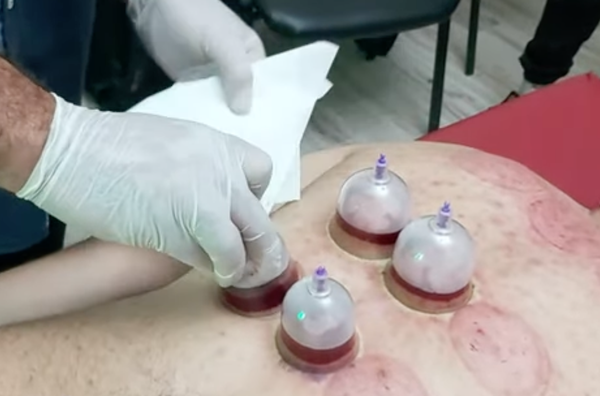From Addiction to Freedom: Starting a New Chapter in Life
Table of Content
Embarking on the path to recovery from alcohol addiction marks the beginning of a transformative chapter in an individual's life. It's a narrative punctuated by challenges but rich with opportunities for personal growth and the rekindling of relationships.
The process often starts with seeking professional help and acknowledging that the cycle of dependency must be broken. This article will uncover how continuous treatment, educational insights, and supportive networks lay the foundation for successful recovery.
Embracing the Journey: The Importance of Continuing Treatment
As individuals grappling with addiction progress from detoxification to sustained recovery, the commitment to continue treatment becomes the bridge to a new chapter of life, where freedom from addiction is the protagonist. Every phase of recovery offers unique challenges and opportunities, whether it's transitioning from intensive outpatient programs or navigating the complexities of long-term sobriety. The individual's dedication to this process reflects a broader narrative of personal evolution and reclaiming autonomy over one's life.
Continuous therapy, encompassing both traditional and innovative methods, shapes the resilience needed to resist relapse.
Its role in fostering coping mechanisms is a testament to the potency of ongoing post-detox support. The benefits extend beyond the self, repairing frayed relationships and rebuilding trust within the individual's community, reinforcing the network crucial for lasting recovery.
Physical dependency may cease, but the psychological journey endures, demanding vigilance and engagement with treatment protocols. As psychological hurdles arise, support groups and counseling provide a platform for self-expression and the exchange of coping strategies, a vital component of the continuum of care. Beyond the walls of formal treatment, engaging in healthy lifestyle choices further sustains the individual's journey to recovery.
Conducting a simple Google search, such as "Alcohol detox in Santa Ana," can open the door to local detox facilities, signifying the first courageous step toward restoration. Post-detoxification, however, the unwavering pursuit of therapeutic engagement solidifies the foundation for sustainable recovery. Aligning oneself with ongoing treatment symbolizes an investment in a future defined not by substance dependence but by personal empowerment and well-being.
Learning and Growing: The Role of Education in Recovery

Embarking on a journey from addiction to recovery often entails a transformation that touches every aspect of an individual's life. Education emerges as a beacon, facilitating a return to stability and fomenting personal growth that can endure far beyond recovery's early phases.
Learning instills new habits, replaces detrimental patterns with beneficial ones, and fosters a mindset conducive to sustained well-being.
During recovery, individuals frequently reassess their professional paths and life goals. Educational pursuits like enrolling in the best data analytics programs offer a structured environment to acquire valuable skills and knowledge.
These assets are not only pivotal for career advancement but also for rebuilding a sense of purpose, autonomy, and confidence that addiction might have eroded.
Acquiring education often opens doors to new opportunities, inviting those in recovery to apply their newfound expertise in meaningful ways. Education serves as an instrument of empowerment, allowing individuals to carve out a niche in which they can thrive professionally and personally.
Rebuilding Connections: Strengthening Relationships and Community Ties
Recovery does more than heal the individual; it mends the very fabric of relationships once torn by the consequences of addiction. As one turns the page from dependency to autonomy, reestablishing connections with family, friends, and community is a cornerstone of a transformed life.
Engaging earnestly in this renewal process, those in recovery reclaim their roles as trusted friends, family members, and active community participants.
Professional counseling often plays an integral part in this pivotal transition, guiding individuals to address and reconcile the interpersonal turmoil left in the wake of substance abuse. Through dedicated therapeutic efforts, individuals in recovery learn to communicate effectively, setting the groundwork for rekindling relationships and social reintegration.
The journey toward sustained sobriety is seldom solitary; community support systems offer a network of understanding and encouragement. By nurturing ties with groups and individuals who champion sobriety, those recovering from addiction carve out a supportive space in society, which bolsters their commitment to a substance-free existence.
As connections grow stronger, the sense of isolation that once accompanied addiction dissipates, replaced by a renewed sense of belonging and purpose. This revitalization of communal bonds fortifies the individual's resolve to maintain sobriety and creates a nurturing environment that fosters collective well-being and progress.
Altogether, the journey from addiction to freedom is a multifaceted process that hinges on continuous treatment, education, and the rebuilding of supportive relationships. By embracing these elements, individuals can forge a new, empowered path characterized by resilience, personal growth, and lasting recovery.











